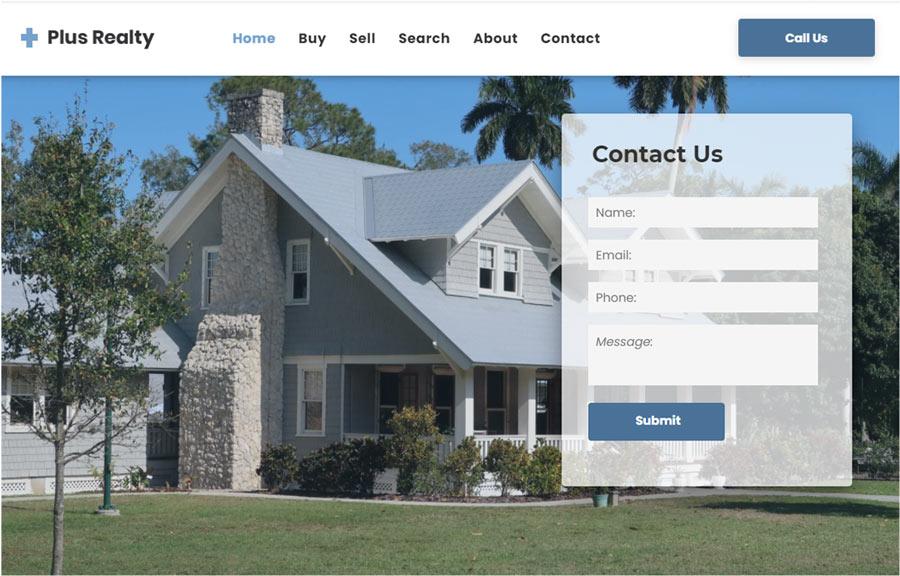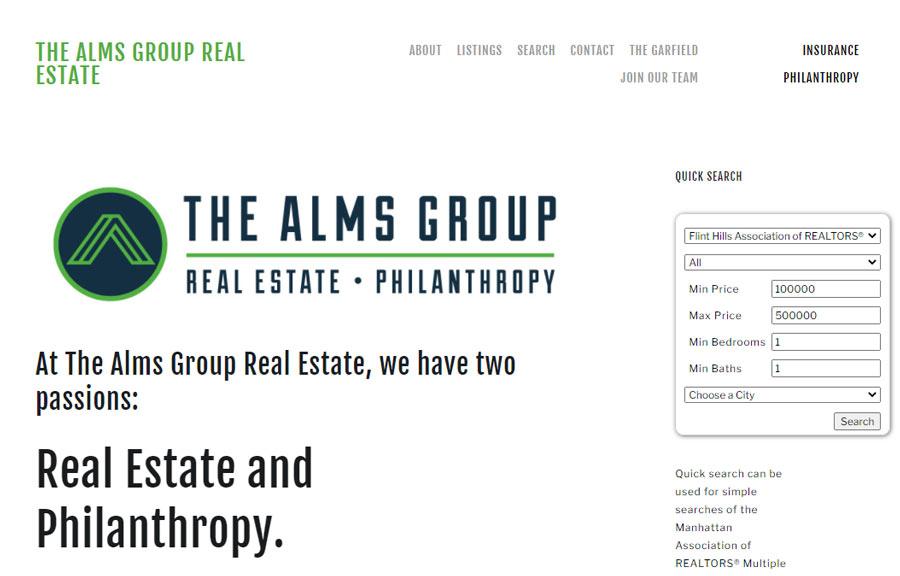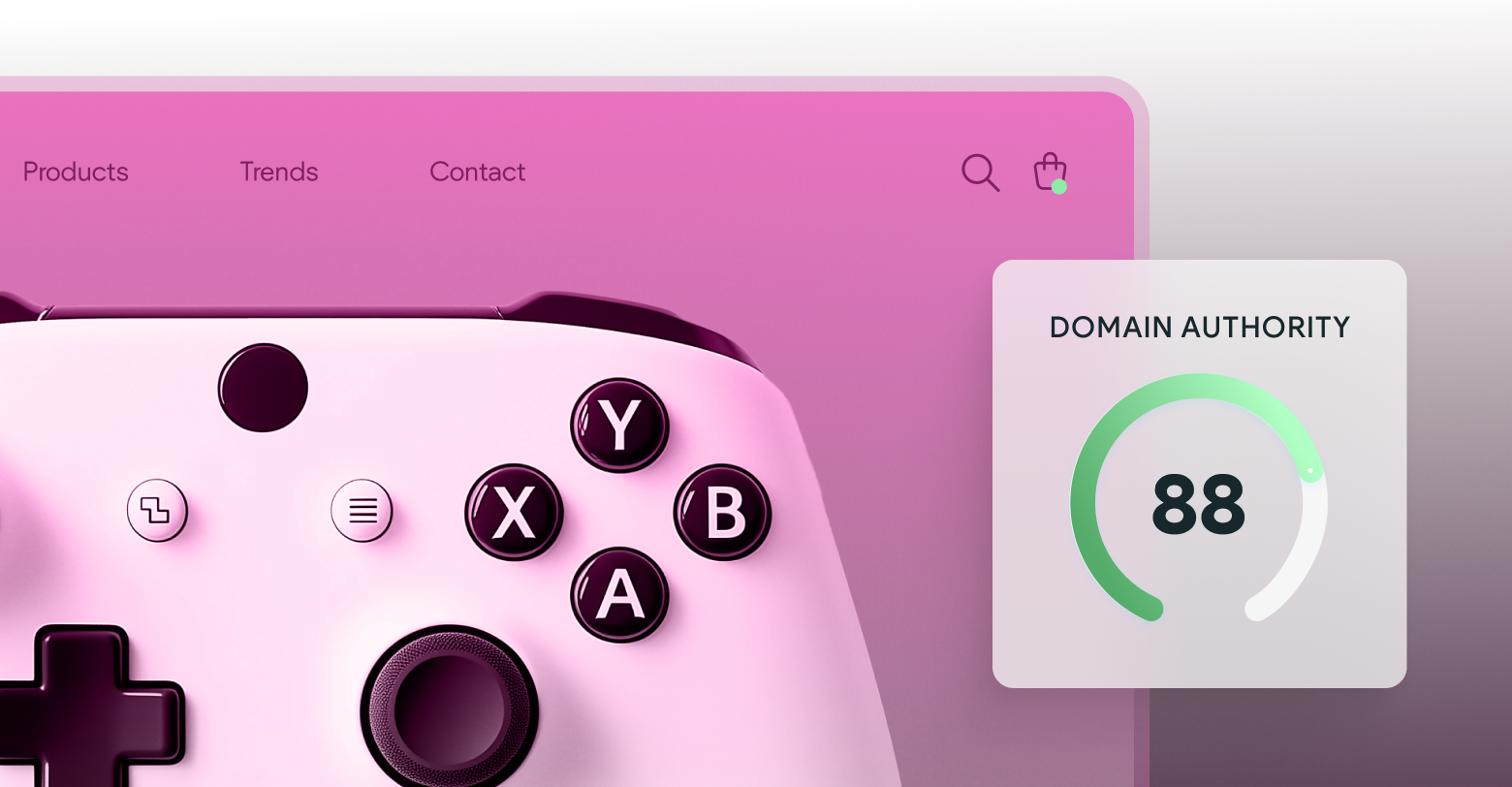In today's world, online search is an integral part of the real estate sales funnel. Much like social media and email marketing, an online presence is a must in the real estate industry. More often than not, home buyers and sellers research properties extensively online before even talking to a real estate agent. According to a
study by The National Association of Realtors, 93 percent of people visit real estate websites when searching for homes. They do so to accomplish a variety of tasks including find a real estate agent, research home buying options and browse current listings.
Browsing brokerage websites to find the best houses and apartments available is a popular property search option for all age groups, but this is especially true among millennials. Older millennials (29-38) seem to be leading the pack of real estate web searchers with a whopping
98 percent relying on the web to get educated about home buying options.
Given the above facts, it’s somewhat obvious that real estate businesses need their own websites that provide all the information a searcher could need in a fluid user experience. From virtual tours, open houses, contact forms and of course landing pages for each listing.
In this post, we’ll examine how web professionals that serve real estate clients can build beautiful sites that incorporate
IDX Broker — a technology solution from IDX, LLC that seamlessly integrates MLS data on real estate websites — with their chosen platform.
What Are MLS, IDX & IDX Broker?
Before we get into how and why you should integrate IDX Broker with a website, let’s take a moment to go over a few key terms.
- MLS: MLS stands for
Multiple Listing Service, which is a database established by cooperating real estate brokers to provide data about properties for sale. The MLS allows brokers to see each other’s listings of properties for sale with the goal of connecting homebuyers to sellers. MLS has accurate data because agents and brokers are required to keep their listing information up to date.
- IDX: IDX stands for Internet Data Exchange. Essentially, this is an agreement, or policy, that allows brokers to exchange consent to display each other's property listings on the web. All properties for sale in North America are listed through MLS. But this database is not accessible to everyone – real estate brokers and agents pay a fee to get access to the MLS database through the IDX. Companies called IDX Feed Brokers offer easy-to-implement technology to web professionals and real estate agents who want to include great real estate listing data on their website. A few examples of feed brokers include IDXBroker.com , iHomefinder.com , Chime.me.
- IDX Broker: IDX Broker is one of the feed brokers described above, which allows agents and brokers to access and display MLS listing information on their real estate websites in a very engaging manner. IDX Broker includes a variety of widgets, search pages, wrapper tools, and many other features to make the integration into your site's existing design seamless!
The Benefits of Integrating With IDX Broker
As discussed above, an agent’s website is key for lead generation, especially among millennial buyers. However, a high percentage of agents only have one short page on their broker's site, and the content they offer potential clients is very limited. One way to improve this user experience is to integrate the website with IDX Broker.
Here are some benefits of integrating with IDX Broker:
- Provides advanced MLS database searches including residential, commercial, and rental properties
- Allows for easy integration of widgets including map search, featured properties, virtual property showings and real estate market reports
- IDX Broker can be used for lead generation through their forms and integration with HubSpot
- IDX Broker allows easy optimization of pages for search engines.
Which Website Builder Is Best for an IDX Broker Integration?
There are many website building software to consider when creating a real estate website (from Placester, Zillow, Weebly, and godaddy for web hosting). Although WordPress has historically been the most popular platform when it comes to integrations with IDX Broker, website platforms like Duda and Squarespace are gaining ground since WordPress sites can be time-consuming to maintain and expensive.
Duda Website Builder IDX Broker Integration
The Duda website builder platform has a very flexible editor, so even a novice user and beginners can easily integrate scripts and code into their websites. One thing to note is that Duda websites use adaptive design (i.e., they deliver content based on the device type). IDX Broker uses responsive design (i.e., the content rearranges itself depending on the size of the screen). Due to this subtle difference, some adjustment to the display layout on mobile most likely will need to be made.
Duda code is very flexible and the IDX Broker integration can be developed several different ways.
One of the most useful Duda feature is the
Dynamic pages, which enable you to create real estate listing pages at scale.
They also have user friendly
real estate templates, marketing features, a built-in CRM, an
easy drag-and-drop editor, lead capture forms, automation and marketing tools,
eCommerce solutions, testimonials, and SEO tools (search engine optimization) helping web developers, web designers and real estate professionals save time.
Their website are optimized for mobile devices and SEO rankings, which is crucial for any real estate agent website. All you need is your domain name, and your real estate business is good to go.
Integrating With IDX Dynamic Wrapper
In this method, a Duda template page is configured to work with an
IDX Broker dynamic wrapper. The dynamic wrapper keeps all IDX pages up-to-date so that they always match the rest of your website design, making the integration with IDX listings pages seamless.
On the Duda site, an expendable desktop menu is created and formatted to be used for mobile IDX pages using CSS. Check out the
IDX Broker documentation for step-by-step procedures on how to create and format this menu using CSS for responsive mobile viewing.
Tutto Properties' website (see screenshot below) was created using this method.
Integrating With IDX Broker Mobile Wrapper
In this method, the IDX dynamic wrapper is used in a similar manner as above. The difference is that the IDX Broker mobile header and footer are created from scratch to match the mobile header and footer of the Duda page. Then the IDX Broker is set up to use this code. Check out the
IDX Broker documentation for step-by-step procedures on how to create the IDX Broker header and footer using this method.
This
sample website (see screenshot below) was created using this method.
Integrating IDX Using iFrames
You can find
instructions for a standard iframe IDX integration here. One of the downfalls of iframes is that they have a fixed width and height, which causes usability issues with IDX pages because there is no way of knowing ahead of time what the height of the pages will be.
Also, content displayed via iframes may not be indexed by search engines. This is because the search engine knows that the content in iframes belongs to another website. Therefore, this can make some of the IDX Broker content opaque to search.
Integrating IDX Broker Functionality Using Custom Widgets
With the Duda Widget Builder, you can further customize the IDX Broker functionality to make sure that your real estate website offers the appropriate listings and features for your clients. Check out the course in Duda University to see how you can
create custom widgets.
Additionally, members of the Duda ecosystem including
TheCamel
BuyingBuddy, and
UltimateIDX have created custom widgets or other approaches for integrating IDX Broker and Duda.
Wix IDX Broker Integration
In the WIX platform, IDX Broker can only be integrated using iframes. As stated above this is not the best option due to size limitations. According to an
article from WebsiteBuilderExpert, a dynamic wrapper can be used with Wix sites, but is limited to certain themes and is believed to be buggy.
For an experienced developer, there is another option to use Wix CMS tools, cloud IDE, and dedicated Node.js server.
Squarespace IDX Broker Integration
In Squarespace, it is possible to integrate IDX Broker using dynamic wrappers in a similar way as the Duda platform, with additional customizations.
Here is an example of a
real estate website (see screenshot below) developed using the Squarespace platform.
Conclusion
The IDX Broker platform has introduced several new features, like dynamic and mobile wrappers, that make for smoother integrations and easier designing. This means your choice of website builder can depend almost entirely on your specific needs and level of experience.
IDX Broker offers a Developer Partner Program that provides support and partnership. There is a one-time cost of $100, but worth every penny. Their developers are very experienced and extremely helpful.
Essentially, all do-it-yourself website builders can be integrated with IDX Broker. Of all the website builders we looked at, Duda provides the easiest way to create widgets or customize code in order to integrate with the IDX Broker platform. It’s
the best real estate website builder, with
free website templates for real estate agencies, great customer support and no extra plugins needed.
Additionally with Duda, digital agencies and web professionals are able to offer slick, modern and SEO-friendly websites at a much lower price than with WordPress or other site builders. And this applies to real estate websites as well.
Get your 14-days free plan for your own real estate site.










